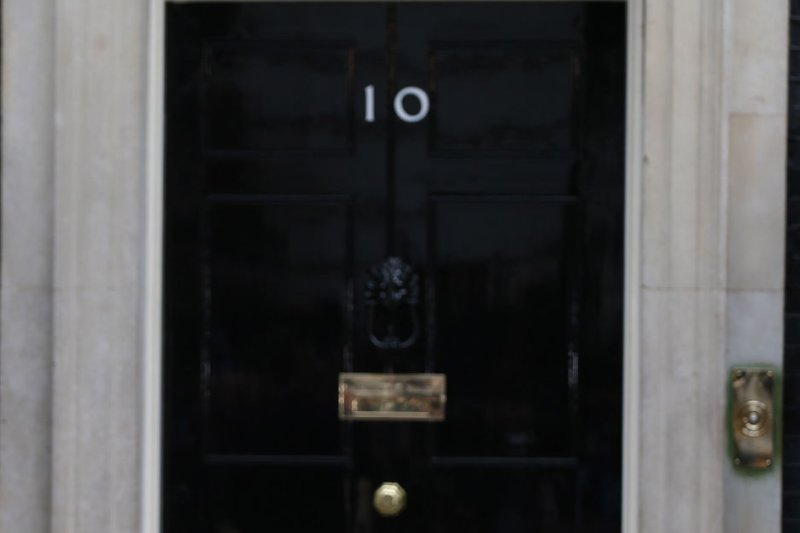The British government said it took a profit by selling the Green Investment Bank off to an Australian bank. File photo by Hugo Philpott/UPI |
License Photo
April 20 (UPI) -- The British government said Thursday it turned a profit by the selling of a green investment entity to a consortium led by Australian lender Macquarie Bank.
"The government is announcing today the sale of the U.K. Green Investment Bank to Macquarie Group Ltd, with a $2.9 billion deal which secures a profit on the government's investment in the bank, provides value for taxpayers and ensures [the bank] continues its green mission, in the private sector," British Climate Change and Industry Minister Nick Hurd said in a statement.
The investment bank was established five years ago as a vehicle to drive renewable energy developments. Macquarie now becomes the owner of the Green Investment Bank and said it plans to manage or supervise more than $5.1 billion in low-carbon infrastructure for the British economy.
"Specifically, the Green Investment Bank will establish three new investment vehicles -- an offshore wind investment vehicle, a low carbon lending platform and a green infrastructure investment platform," Macquarie stated.
The sale follows a plea from the British environmental community to Prime Minister Theresa May to uphold commitments to the Paris climate agreement during the divorce process from the European Union.
The WWF was joined by advocacy groups Greenpeace, Friends of the Earth and nine others in expressing concerns about the climate implications of the so-called Brexit. The organizations pointed to documents from the government they've seen that suggest environmental safeguards could be watered down in order to improve British trade deals after the exit from the European Union.
Doug Parr, the policy director for the U.K. chapter of Greenpeace, said handing off the GIB to an Australian bank meant the British government was wasting an opportunity.
"At a time when the government should be shoring up low carbon industry for post-Brexit Britain, they have given away one of our key tools for advancing green technologies," he said in comments to UPI. "The hole left by the Green Investment Bank will slow our transition to a clean energy system, set us back on reaching our climate targets, and mean more of the jobs from new sectors will go elsewhere."
Britain, under its Climate Change Act, committed to cutting emissions by 80 percent of the benchmark level from 1990 by 2050. The British Committee on Climate Change said in late 2016 that emissions were 38 percent below 1990 levels even as the economy grew by 60 percent.















